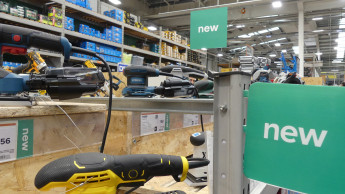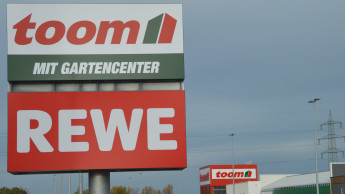

deep insights, facts & figures

Ecological considerations are being allocated an increasingly important role in supply chain logistics. However, concrete measures are only being implemented if and when they are accompanied by a clear economic advantage.
It is a really surprising result: upon being asked which underlying conditions will have the most influence on supply chain logistics in the future, representatives of major trading groups answered that it will be a matter of ecological considerations. According to a survey carried out by the EHI Retail Institute, even the underlying social conditions are accorded greater relevance than the economic situation. Technological influencing factors were reduced to fourth place (see chart). If this demonstrates one thing very clearly, it is that the subject of sustainability and conservation has penetrated through to the logistics management level. The continuing public discussion on climate change and related problems is obviously reflected here. However, still another trend becomes apparent once you look at the measures corresponding to sustainability: the majority of the companies surveyed have made no provision in the near future for any measures contributing directly to sustainable logistics, such as an investment in alternative traffic carriers or drive and control systems, or changing over to regenerative energy sources on the warehouse side. This rather suggests that the technologies mentioned have not yet achieved economic maturity. So the companies are relying instead on measures that allow them to kill two birds with one stone and are easy to implement, such as routing optimisation or driver training with the aim of reducing fuel consumption. Nevertheless, at present many commercial companies are also participating in a whole range of ongoing research projects designed to ensure sustainability. These include, for example, intermodal traffic concepts for reducing traffic jams, or supplying city centres with goods and services on a carbon dioxide-neutral basis. The results of the survey also reveal that costs are still the dominant factor, as they always have been. According to the EHI analysts, this does not appear as such a dominant trend because transport costs have always been part of the daily business of every logistician. It also explains the in-ferior performance of cost considerations in comparison with other trendy subjects such as the underlying ecological or social conditions. So the reduction of transport costs remains the key to the successful organisation of a logistics network. Measures here, along with the optimisation of routing that has already been mentioned, include time slot management in the incoming goods department and the…
Related articles
Read also

 Menü
Menü











 Newsletter
Newsletter